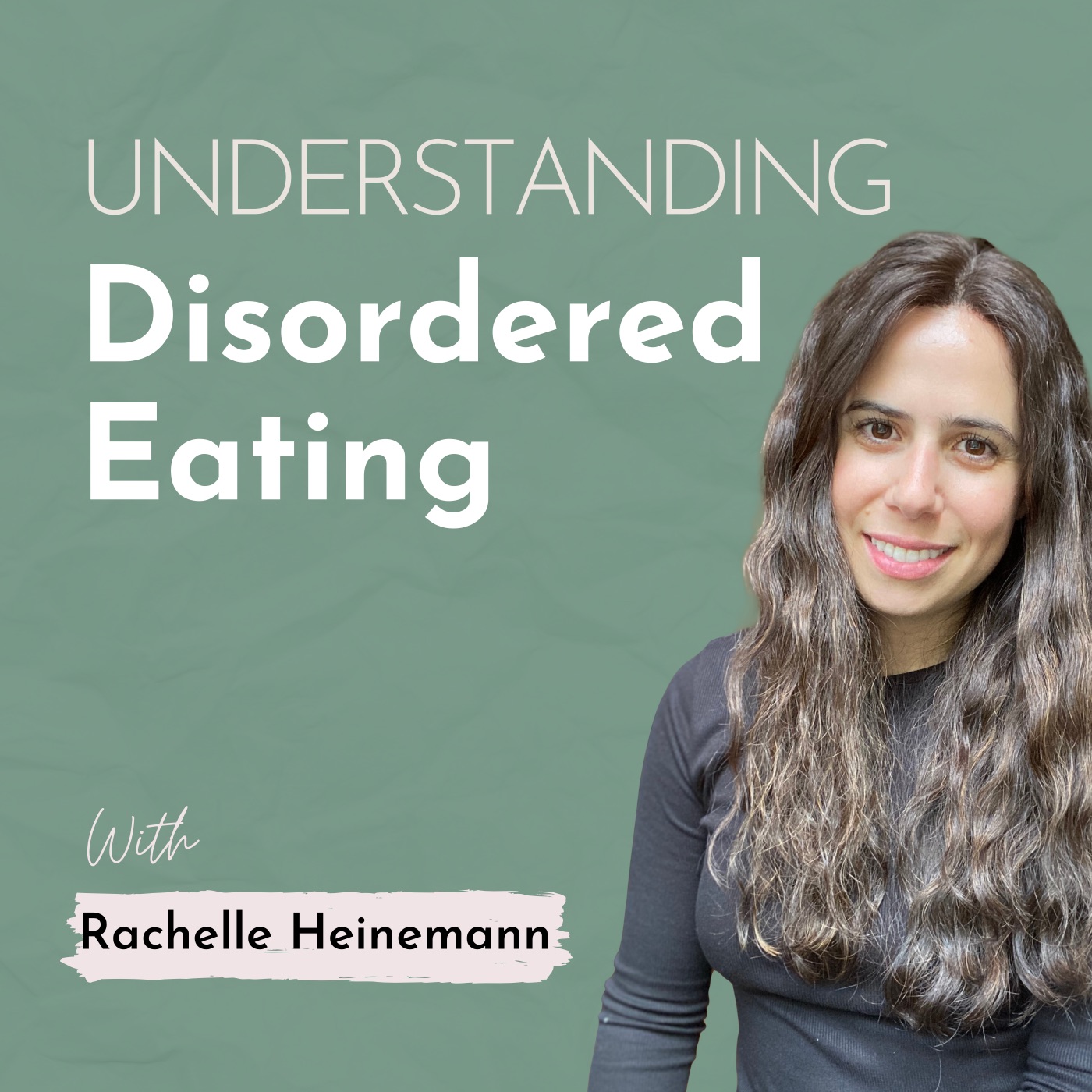- After-Shows
- Alternative
- Animals
- Animation
- Arts
- Astronomy
- Automotive
- Aviation
- Baseball
- Basketball
- Beauty
- Books
- Buddhism
- Business
- Careers
- Chemistry
- Christianity
- Climate
- Comedy
- Commentary
- Courses
- Crafts
- Cricket
- Cryptocurrency
- Culture
- Daily
- Design
- Documentary
- Drama
- Earth
- Education
- Entertainment
- Entrepreneurship
- Family
- Fantasy
- Fashion
- Fiction
- Film
- Fitness
- Food
- Football
- Games
- Garden
- Golf
- Government
- Health
- Hinduism
- History
- Hobbies
- Hockey
- Home
- How-To
- Improv
- Interviews
- Investing
- Islam
- Journals
- Judaism
- Kids
- Language
- Learning
- Leisure
- Life
- Management
- Manga
- Marketing
- Mathematics
- Medicine
- Mental
- Music
- Natural
- Nature
- News
- Non-Profit
- Nutrition
- Parenting
- Performing
- Personal
- Pets
- Philosophy
- Physics
- Places
- Politics
- Relationships
- Religion
- Reviews
- Role-Playing
- Rugby
- Running
- Science
- Self-Improvement
- Sexuality
- Soccer
- Social
- Society
- Spirituality
- Sports
- Stand-Up
- Stories
- Swimming
- TV
- Tabletop
- Technology
- Tennis
- Travel
- True Crime
- Episode-Games
- Visual
- Volleyball
- Weather
- Wilderness
- Wrestling
- Other
*Clinician Series* How to Handle the Hardest Situations
Calling all clinicians - this conversation is for you. How do you handle someone giving you feedback, as a therapist? How do you handle a situation where the feedback is negative or hurtful? As clinicians, we have an obligation to explore whatever the person in front of us is bringing up with. We have to put our feelings aside during this conversation, despite it being an almost impossible thing to do. In this episode, I’m diving into the hard situations that you may face as a clinician. Tweetable Quotes "The hope is that over time, once you get used to it, and once you understand a little bit more of how you respond in these situations, you can get better at this." - Rachelle Heinemann "So what we're doing is slowing things way down. What was it about what I said that made you angry? What was it about what I said that really hurt you? This allows them to start getting curious about their own anger and about the way that they express their anger." - Rachelle Heinemann They are learning that they can trust people to be able to hear them when they just communicate with words. They don't have to get super loud. They can learn that the other person will hear what they have to say." - Rachelle Heinemann

